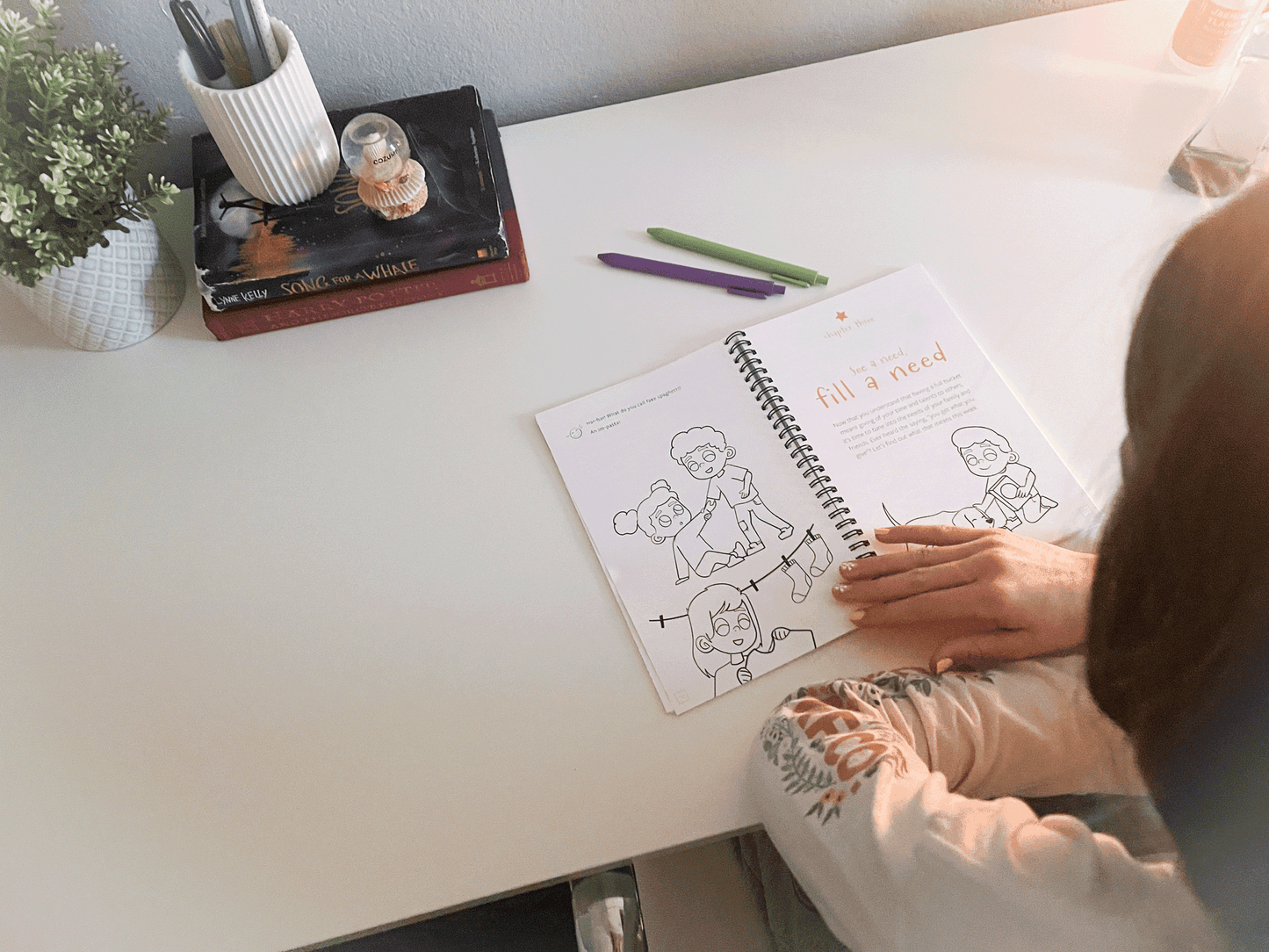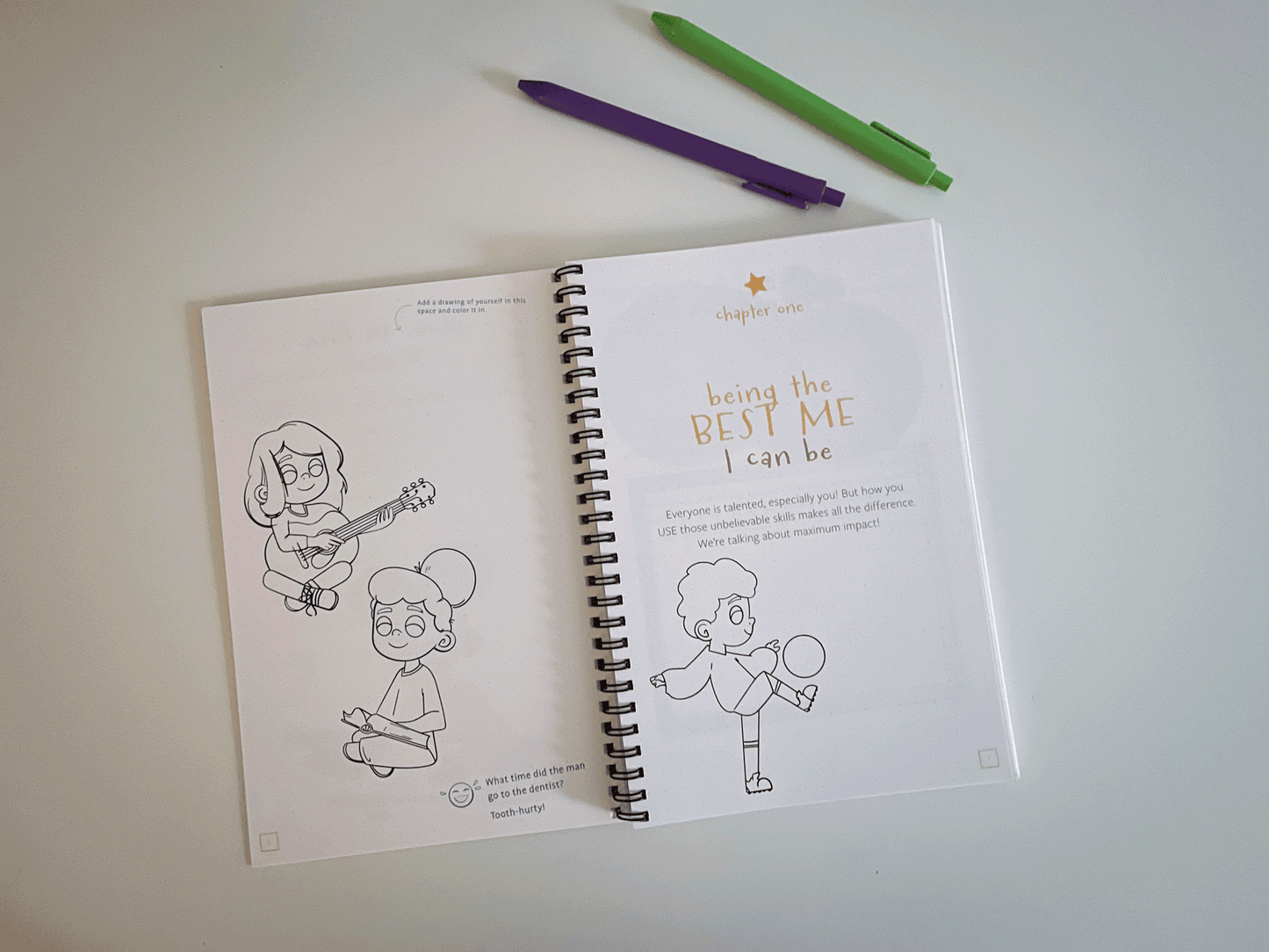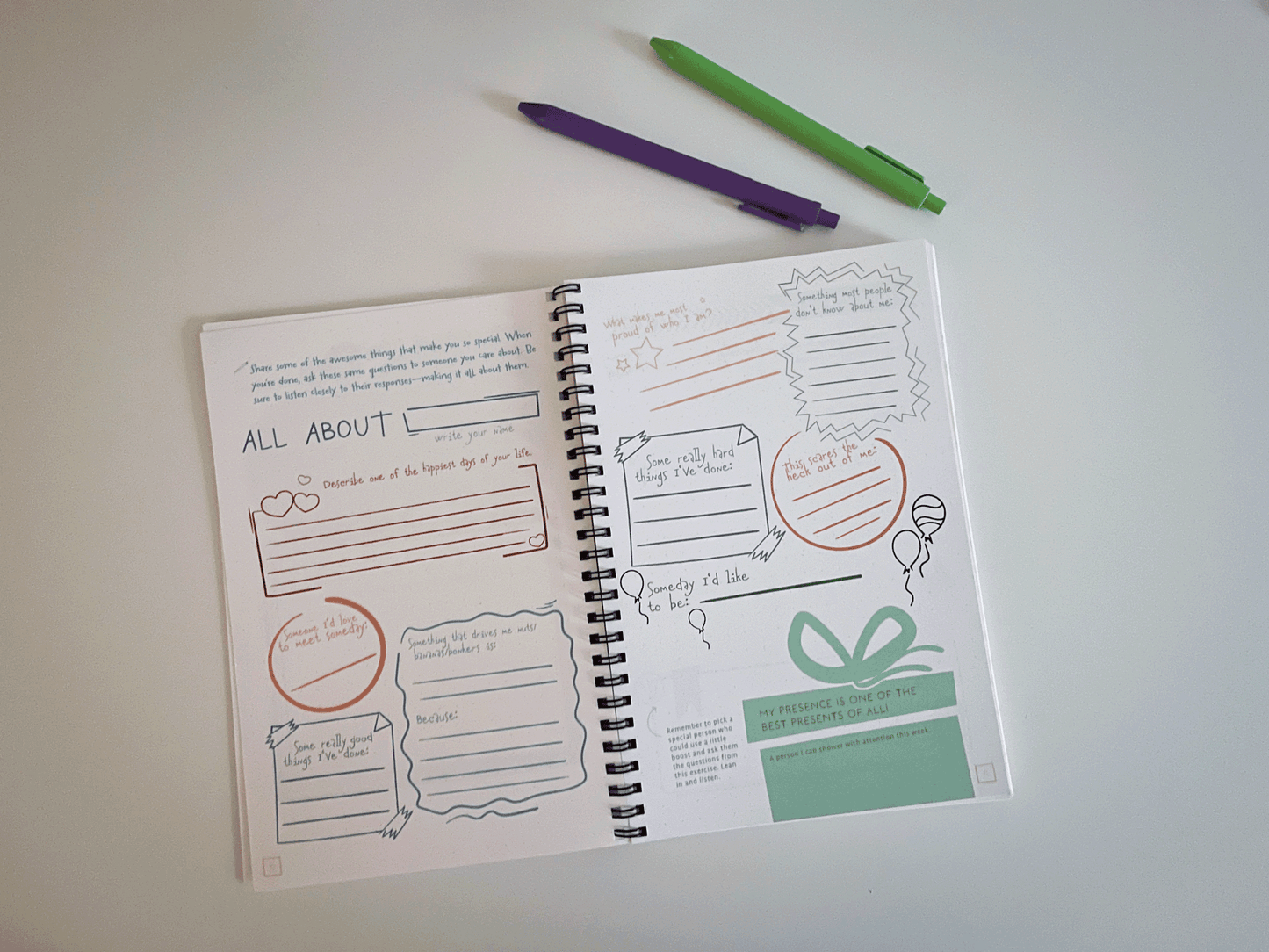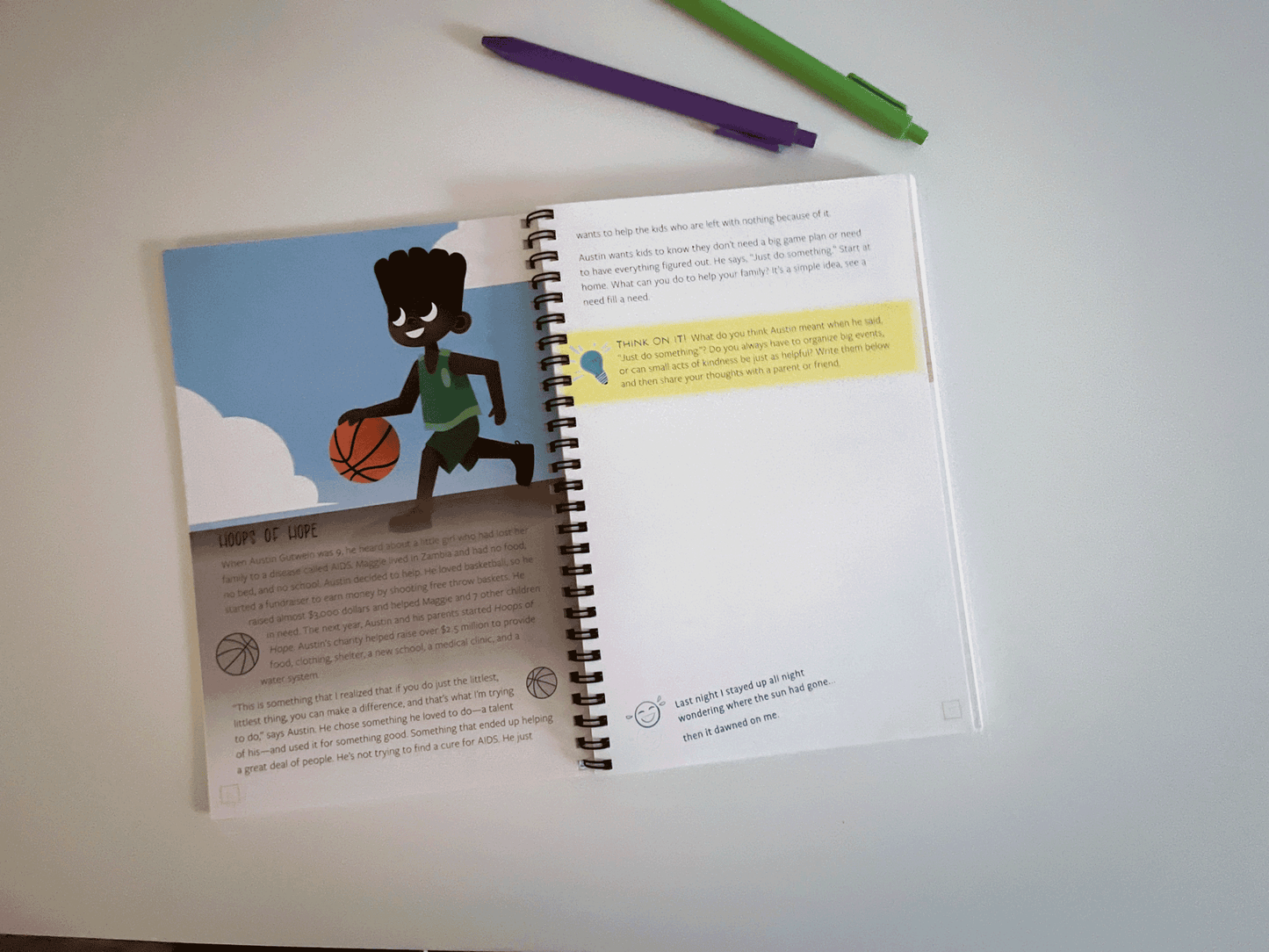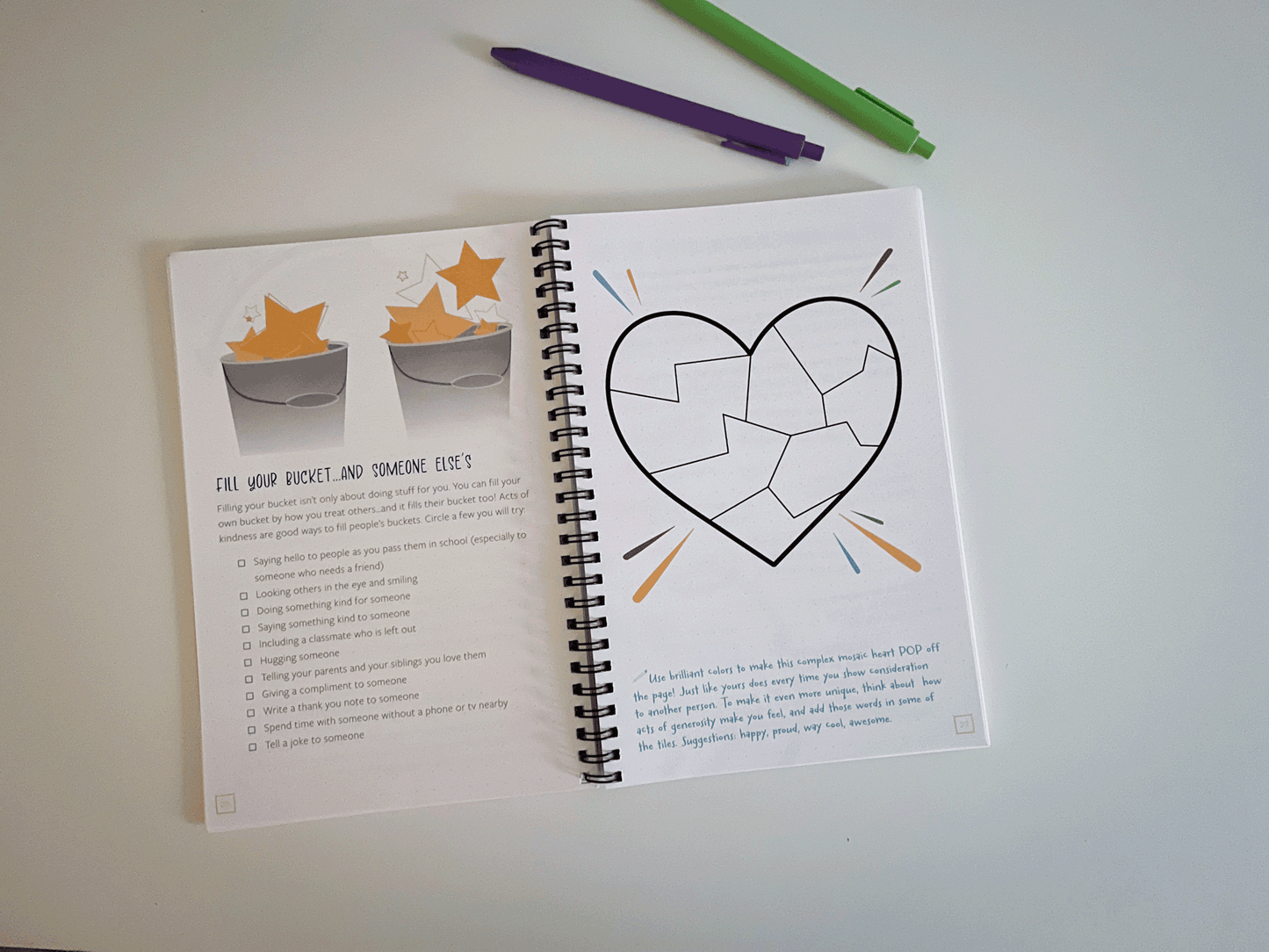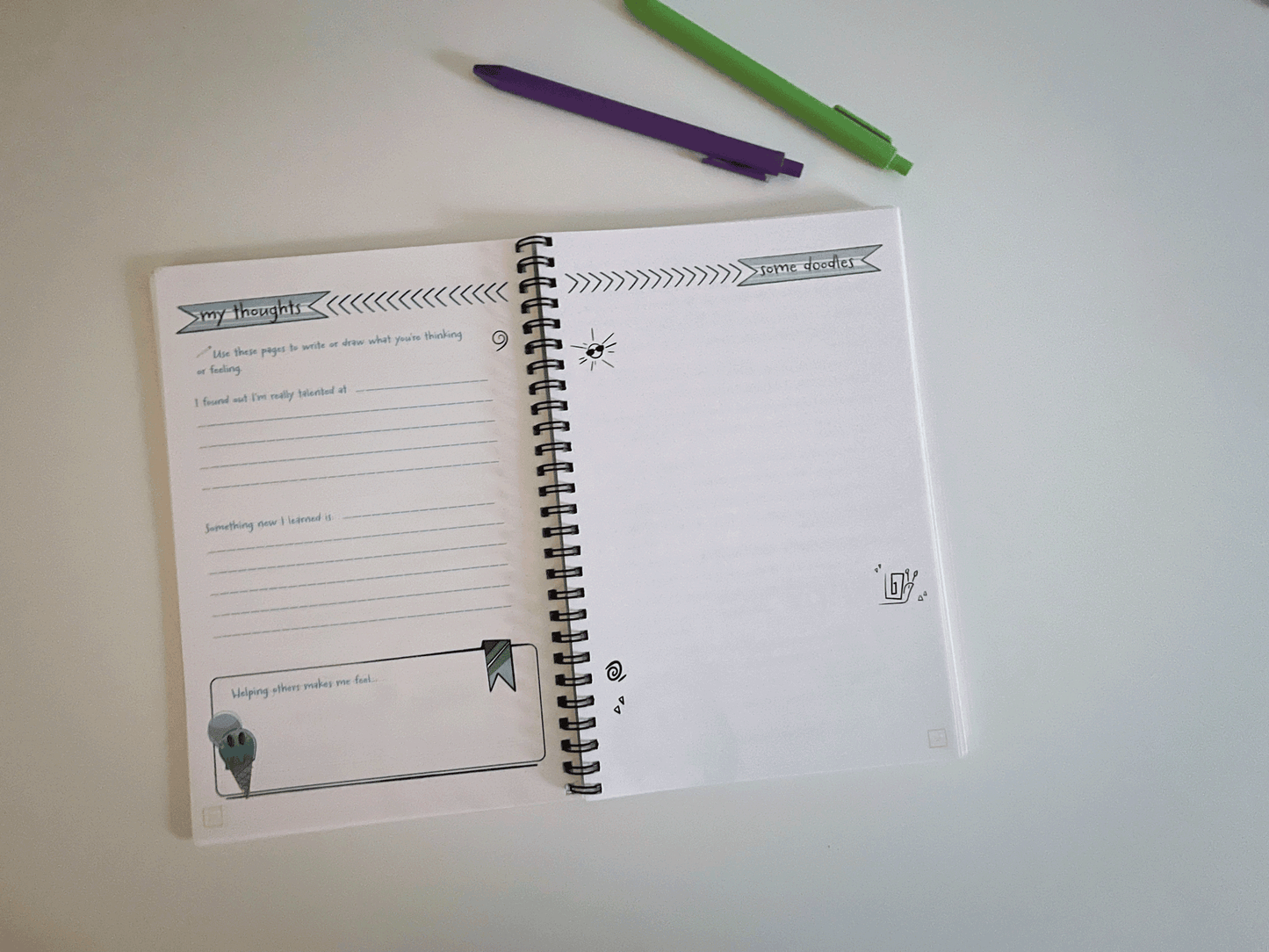Balancing Tech and Togetherness for Family Growth
Jordan Langdon
In today's fast-paced digital world, cultivating a virtuous family environment can seem like a daunting task. Yet, as discussed in this engaging podcast episode, it's both achievable and vital for nurturing strong family bonds and ensuring the healthy development of children. With expert insights from Andy Reed, a seasoned educator from The Heights School, with over two decades of experience, this episode dives into strategies that help families balance individual and shared activities, set boundaries, and foster a culture of connectivity and joy.
One of the key themes discussed in the episode is the challenge posed by digital distractions, particularly the introduction of smartphones to children. While these devices can provide a sense of connectivity, they often lead to unintended consequences, such as a disconnect from family interactions and real-world relationships. Andy shares a poignant example of a friend whose gift of smartphones to his daughters inadvertently distanced them from family engagement. This story underscores the need for mindful engagement and the importance of setting boundaries to maintain meaningful connections within the family.
Screen-free family time emerges as a critical strategy for nurturing these connections. By prioritizing activities like family dinners, nature outings, and shared hobbies, families can create an environment where love, support, and unity take precedence. These activities not only strengthen family ties but also help children develop contemplative thought patterns and a sense of fulfillment that screens often fail to provide. The episode highlights the importance of intentional time spent together, free from digital distractions, as a way to reinforce the idea that family is the most formative environment for growth and development.
Moreover, the episode explores the role of aligning family values with school objectives to create a harmonious learning experience for children. Open communication with educators and sharing developmental goals can help parents build a cohesive foundation for their child's growth. This alignment not only benefits children's academic success but also reinforces the values taught at home, creating a consistent environment for learning and development.
Another significant aspect of the discussion is the foundational role of a strong marital relationship in providing children with stability and security. A loving and devoted relationship between parents serves as a model for children, informing their sense of well-being and ability to navigate life's challenges with confidence. The episode emphasizes that parenting is not about achieving perfection but about maintaining faithfulness to the mission of being present and devoted to one's children.
Ultimately, the episode celebrates the journey of parenting, highlighting the importance of being present for children in a world full of distractions. By fostering a culture of connectivity and joy, setting boundaries, and prioritizing shared experiences, families can create a nurturing environment where virtues can flourish. This approach not only strengthens family bonds but also prepares children to thrive and maintain their values as they grow.
In conclusion, this podcast episode offers valuable insights and practical strategies for cultivating a virtuous family environment in the digital age. By embracing screen-free time, aligning family and school values, and nurturing a strong marital relationship, parents can create a home culture where love, support, and unity prevail. This episode serves as a heartfelt reminder of the enduring mission of parenting and the profound impact of being present for our children.
One of the key themes discussed in the episode is the challenge posed by digital distractions, particularly the introduction of smartphones to children. While these devices can provide a sense of connectivity, they often lead to unintended consequences, such as a disconnect from family interactions and real-world relationships. Andy shares a poignant example of a friend whose gift of smartphones to his daughters inadvertently distanced them from family engagement. This story underscores the need for mindful engagement and the importance of setting boundaries to maintain meaningful connections within the family.
Screen-free family time emerges as a critical strategy for nurturing these connections. By prioritizing activities like family dinners, nature outings, and shared hobbies, families can create an environment where love, support, and unity take precedence. These activities not only strengthen family ties but also help children develop contemplative thought patterns and a sense of fulfillment that screens often fail to provide. The episode highlights the importance of intentional time spent together, free from digital distractions, as a way to reinforce the idea that family is the most formative environment for growth and development.
Moreover, the episode explores the role of aligning family values with school objectives to create a harmonious learning experience for children. Open communication with educators and sharing developmental goals can help parents build a cohesive foundation for their child's growth. This alignment not only benefits children's academic success but also reinforces the values taught at home, creating a consistent environment for learning and development.
Another significant aspect of the discussion is the foundational role of a strong marital relationship in providing children with stability and security. A loving and devoted relationship between parents serves as a model for children, informing their sense of well-being and ability to navigate life's challenges with confidence. The episode emphasizes that parenting is not about achieving perfection but about maintaining faithfulness to the mission of being present and devoted to one's children.
Ultimately, the episode celebrates the journey of parenting, highlighting the importance of being present for children in a world full of distractions. By fostering a culture of connectivity and joy, setting boundaries, and prioritizing shared experiences, families can create a nurturing environment where virtues can flourish. This approach not only strengthens family bonds but also prepares children to thrive and maintain their values as they grow.
In conclusion, this podcast episode offers valuable insights and practical strategies for cultivating a virtuous family environment in the digital age. By embracing screen-free time, aligning family and school values, and nurturing a strong marital relationship, parents can create a home culture where love, support, and unity prevail. This episode serves as a heartfelt reminder of the enduring mission of parenting and the profound impact of being present for our children.





